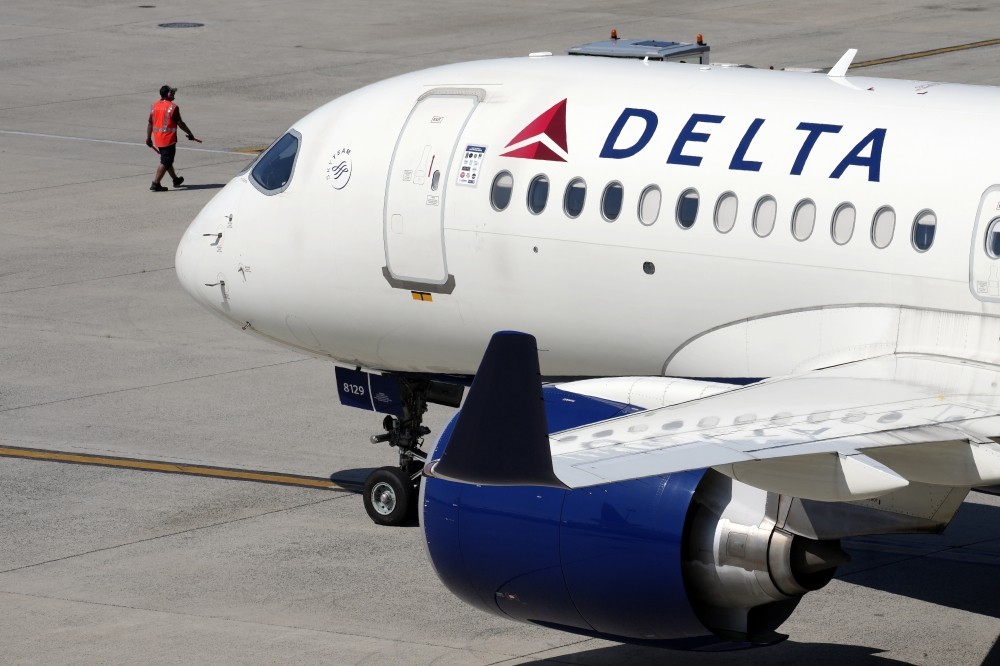28/07/2024
28/07/2024

SAN FRANCISCO, July 28, (AP): "Move fast and break things,” a high-tech mantra popularized 20 years ago by Facebook founder Mark Zuckerberg, was supposed to be a rallying cry for game-changing innovation. It now seems more like an elegy for a society perched on a digital foundation too fragile to withstand a defective software program that was supposed to help protect computers - not crash them.
The worldwide technology meltdown caused a flawed update installed earlier this month on computers running on Microsoft's dominant Windows software by cybersecurity specialist CrowdStrike was so serious that some affected businesses such as Delta Air Lines were still recovering from it days later.
It's a tell-tale moment - one that illustrates the digital pitfalls looming in a culture that takes the magic of technology for granted until it implodes into a horror show that exposes our ignorance and vulnerability.
"We are utterly dependent on systems that we don’t even know exist until they break,” said Paul Saffo, a Silicon Valley forecaster and historian. "We have become a little bit like Blanche DuBois in that scene from ‘A Streetcar Named Desire,’ where she says, ‘I have always depended on the kindness of strangers.’ ”
The dependence - and extreme vulnerability - starts with the interconnections that bind our computers, phones and other devices. That usually makes life easier and more convenient, but it also means outages can have more far-reaching ripple effects, whether they are caused by a mistake like the one made by CrowdStrike or through the malicious intent of a hacker.
"It might be time to look at how the internet works and then question why the internet works this way. Because there is a lot of gum and shoelaces holding things together,” said Gregory Falco, an assistant professor of engineering at Cornell University.
The risks are being amplified by the tightening control of a corporate coterie popularly known as "Big Tech": Microsoft, whose software runs most of the world's computers; Apple and Google, whose software powers virtually all of the world's smartphones; Amazon, which oversees data centers responsible for keeping websites running (another key service provided by Microsoft and Google, too, in addition to its e-commerce bazaar); and Meta Platforms, the social networking hub that owns Facebook, Instagram and WhatsApp.


